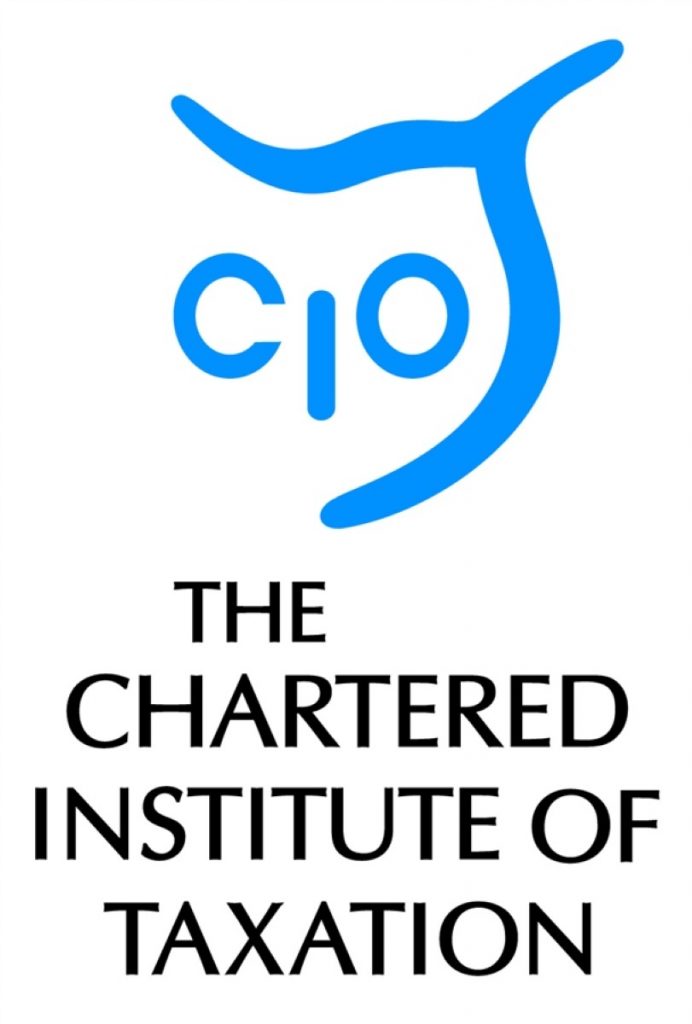CIOT: Tax advisers urge penalty free period for new ‘real time’ business reporting and changes to ‘on or before’ requirement
The Chartered Institute of Taxation (CIOT) is calling on the Government to defer any penalty regime for the new system of ‘Real Time Information’1 (RTI). This would mean no late filing penalties levied on employers for in-year submissions during the first full 12 months of RTI’s operation.
The CIOT is also calling for the Government to consider changing its Universal Credit plans2 in order to allow monthly reporting of payments under RTI, rather than the current proposal to require businesses to send information to HM Revenue and Customs (HMRC) ‘on or before’ payment is made to the employee, each time a payment is made. The CIOT believes this will pose a considerable hurdle to full compliance for many employers (especially small businesses and in certain business sectors).
The CIOT makes these calls in its response to the HMRC consultation document ‘Securing Compliance with Real Time Information – Late Filing and Late Payment Penalties’.
Commenting, Colin Ben-Nathan, chair of the CIOT’s Employment Taxes committee, said:
“This is a new responsibility and burden being placed on employers. The penalty regime must be proportionate and give time for employers to get used to the new and sometimes onerous obligations RTI imposes on them. For this reason, we recommend that no late filing penalties are charged for the first full year of RTI reporting (that is, October 2013 to October 2014).”
The CIOT is recommending that the penalty model acknowledges an employer’s compliance history. The CIOT proposes that the first default attracts no penalty, a second default results in an automatic suspended penalty and only a third (and subsequent) default within a specified ‘default period’ results in actual penalties. This would encourage compliance and minimise the effort for HMRC in chasing small penalty amounts.
Penalties should be based upon the number of employers for whom information is filed late – it should not be based on the total employee pool, which would unfairly penalise large employers where the vast majority of information is filed on time.
Colin Ben-Nathan added:
“One of the biggest issues for employers is the requirement to send information to HMRC ‘on or before’ payment is made to the employee – potentially meaning more frequent running of the payroll and more reporting for some employers when, in the past, they have been able to comply with their obligations by doing a monthly payroll.
“‘On or before’ reporting will be extremely difficult for employers who pay employees at the end of a shift based on the hours just worked or amount produced. Employers with expatriate employees and share schemes will probably find the requirements impossible to meet consistently.
“Unless this is resolved, penalties and non-compliance may become a way of life for some employers. RTI should not create a situation where there are frequent and widespread defaults attributable to the design of the regime rather than to any particular bad practice by employers.
“This is why we are calling for the proposals to be changed to permit monthly reporting. Monthly reporting necessitates a vital change to the Universal Credit plans, which have failed to take into account the very employers who provide the information for Universal Credit. This change would enable RTI to be introduced far more smoothly with less impact on many employers. It would reduce the effort needed to police compliance and enable HMRC to concentrate more on helping employers move over to the new system.”
Notes to editors
Under ‘Real Time Information’ (RTI), information about tax and other deductions under the Pay-As-You-Earn (PAYE) system is required to be transmitted immediately to HMRC by the employer every time an employee is paid – even if this is daily or in irregular amounts. HMRC began phased introduction of RTI in April this year, with a group of around 300 employers who have volunteered to take part in an initial pilot. All employers will be required to submit information using RTI from October 2013.
The current Universal Credit proposals provide individuals with a benefit period based upon the date of their first claim, rather than a calendar or tax month basis. This has triggered the ‘on or before’ requirement for RTI to enable DWP to calculate income during different benefit months for different individuals. Changing to common benefit months would facilitate monthly RTI reporting and a significantly reduce employer burdens.
The CIOT’s response can be read in full at: http://www.tax.org.uk/media_centre/LatestNews-migrated/Sec_com_RTI_CIOT
The Chartered Institute of Taxation (CIOT) is a charity and the leading professional body in the United Kingdom concerned solely with taxation. The CIOT’s primary purpose is to promote education and study of the administration and practice of taxation. One of the key aims is to achieve a better, more efficient, tax system for all affected by it – taxpayers, advisers and the authorities.
The CIOT’s comments and recommendations on tax issues are made solely in order to achieve its primary purpose: it is politically neutral in its work. The CIOT will seek to draw on its members’ experience in private practice, government, commerce and industry and academia to argue and explain how public policy objectives (to the extent that these are clearly stated or can be discerned) can most effectively be achieved.
The CIOT’s 16,500 members have the practising title of ‘Chartered Tax Adviser’ and the designatory letters ‘CTA’.
– ENDS –
George Crozier
External Relations Manager
D: +44 (0)20 7340 0569
M: +44 (0)7740 477374
The Chartered Institute of Taxation
Registered charity number 1037771
www.tax.org.uk
The Association of Taxation Technicians
Registered charity number 803480
Registered company number 2418331
VAT Registration Number 497 5390 90
www.att.org.uk
Low Incomes Tax Reform Group – an initiative of the Chartered Institute of Taxation
www.litrg.org.uk
1st Floor, Artillery House, 11-19 Artillery Row, London SW1P 1RT





-01.png)